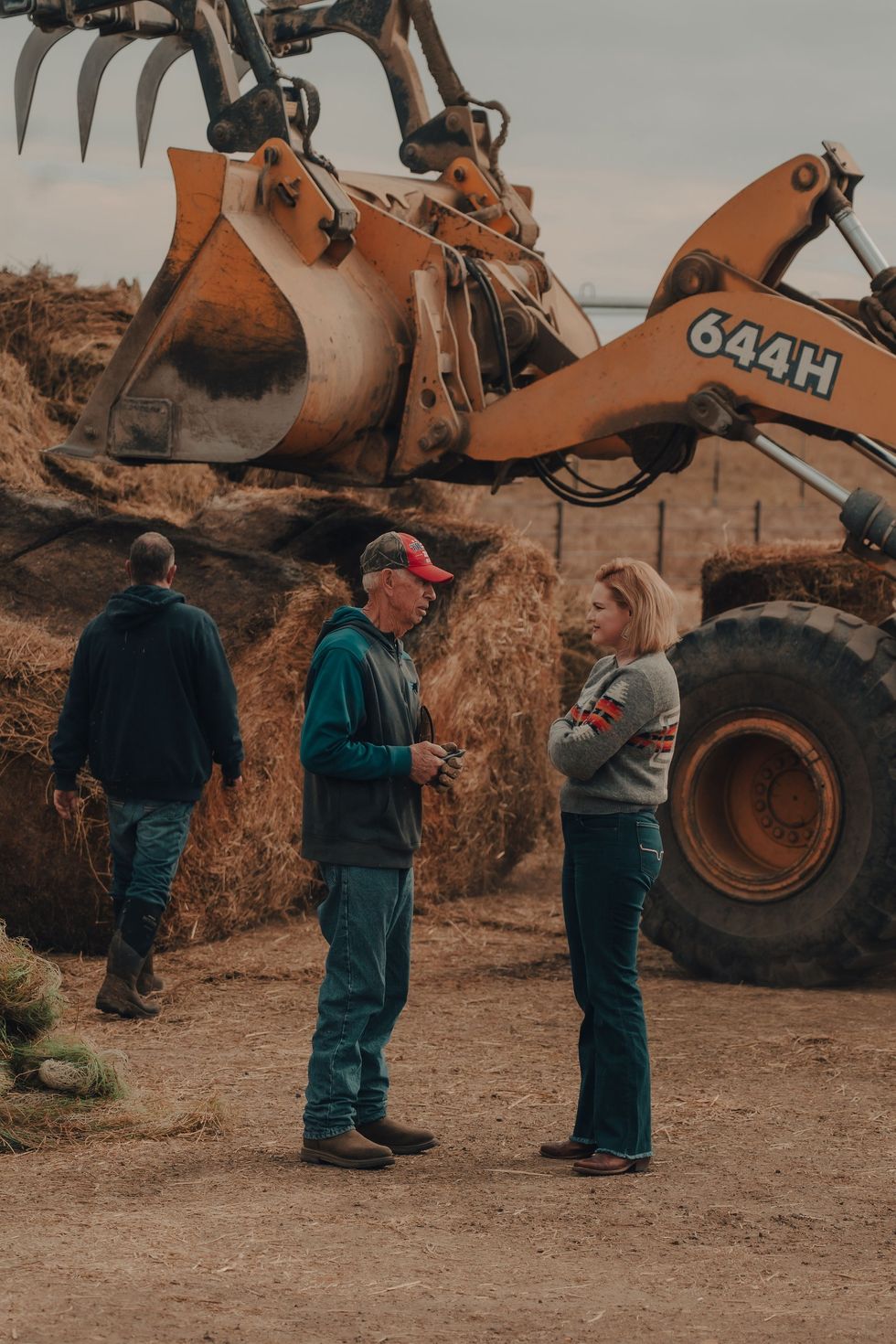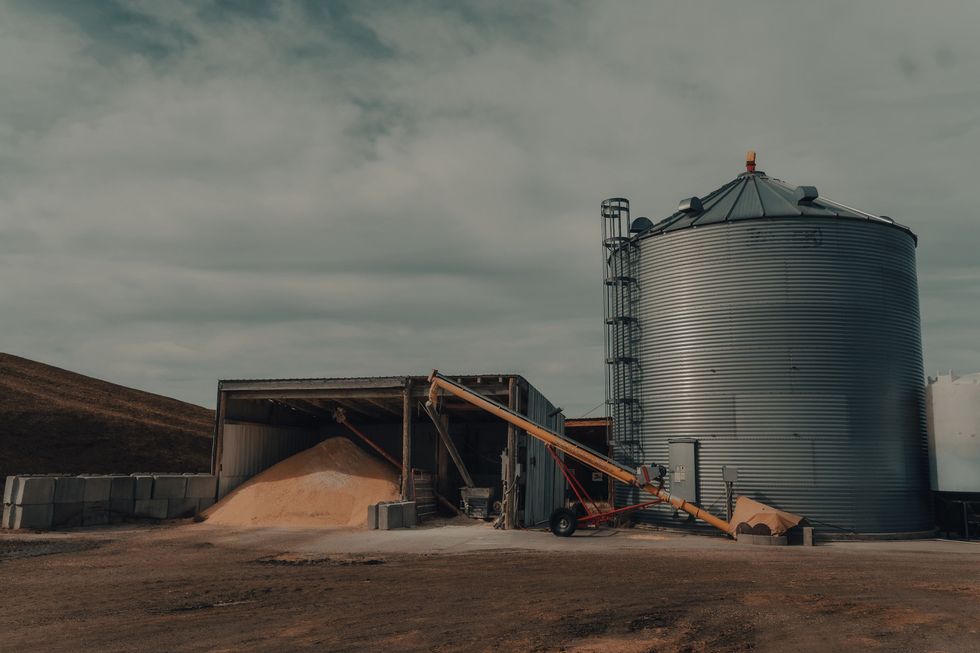Eating less meat has grown in popularity helped by campaigns such as ‘Meatless Monday’ and ‘Veganuary’.
People in the UK and the US have been encouraged to cut down on their meat consumption, but an American ranch owner has spoken exclusively to GB News how this could be damaging for health.
Founder of Meriwether Farms Catharine O’Neill hit back at claims meat consumption is bad for the environment or people’s health.
She claimed: “Farmers and ranchers are the best stewards of the environment on the planet.
“So, in my opinion, it is highly ironic that the left is targeting this industry because the people that actually conduct farming and ranching operations treat the land and environment better than anyone else on the planet.
Meriwether Farms is based in Wyoming
Meriwether Farms
“Secondly, find me a food that provides the same amount of nutritional quality when it comes to vitamins, minerals, protein – there isn’t one. It nourishes people and it keeps people strong and healthy.”
Catharine was first inspired to set up her Wyoming business when the coronavirus hit the US meat supply chain and caused periods where meat was hard to come by in the supermarkets.
She continued: “There were some cases where American consumers could not find meat in the grocery store.
“And that was very alarming to me, so I started Meriwether Farms because I knew that these people, these farmers and ranchers, are the best stewards of the planet, and they were providing the most nutrient dense food to the American public and that industry needed to be saved and protected.”
Charities have called for the reduction in meat production for environmental reasons.
Greenpace states “industrial meat is the single biggest cause of deforestation globally” and the “climate impact of meat is enormous”.
However, Catharine suggested everything is done with care at her ranch.
She continued: “My company is vertically integrated. We do everything. We grow everything we feed our animals, we graze them, we raise them, we provide the best care for them, and then we also harvest, process, package and sell our product online direct to consumer. And there a very few companies like mine.”
Regenerative ranching has also been considered as a way to reduce the environmental impact of beef farming.
What about meat substitutes?
People cutting back on meat consumption has prompted a rise in “fake meats” in supermarkets and restaurants.
These are often considered a great way to recreate popular dishes without the need to eat real meat.
Catharine claimed these do not taste as good and are worse for health.
She said: “I think, especially if you follow the financial trends of these companies, they have this big opening and everyone is like ‘[it’s] the future!’ but the consumer has largely rejected that… because it is disgusting.
“So ultimately you can spend all the money you want but if the consumer doesn’t like the product, they are going to reject it.
“So, I think that is why they have been trying so hard to force this on us, the American consumer.
“It doesn’t taste good number one, it’s not good for you at the end of the day. If they were really concerned about health, then why would they push a genetically modified product? If someone was really concerned about health, they would be pushing wholesome, locally grown, locally raised food.

Catharine said everything is done with care
Meriwether Farms
“And they would be pushing for the decentralization of US food systems. But they are not.
“They are pushing for the centralization of a few big companies that control large portions of the market. I think it is very concerning.”
A study conducted by psychologists at the University of Bath suggested “fake meat” could actually be healthier and better for the planet.
It said plant-based meat and dairy alternatives “offer a healthier and more environmentally sustainable solution which takes into account consumer preferences and behaviour”.
However, some studies quoted in the National Library of Medicine suggest the products are not always nutritionally sound.
It said: “Studies suggest that plant-based meat substitutes lack nutritional quality being low in protein and rich in sodium, fat, calories, fiber, and total carbohydrates.”
While it may not be as good for consumer’s health, the production of such products could be better for the environment.
The Good Food Institute suggested: “Plant-based meat causes 51–91 per cent less aquatic nutrient pollution than conventional meat.”
Credit: Source link




